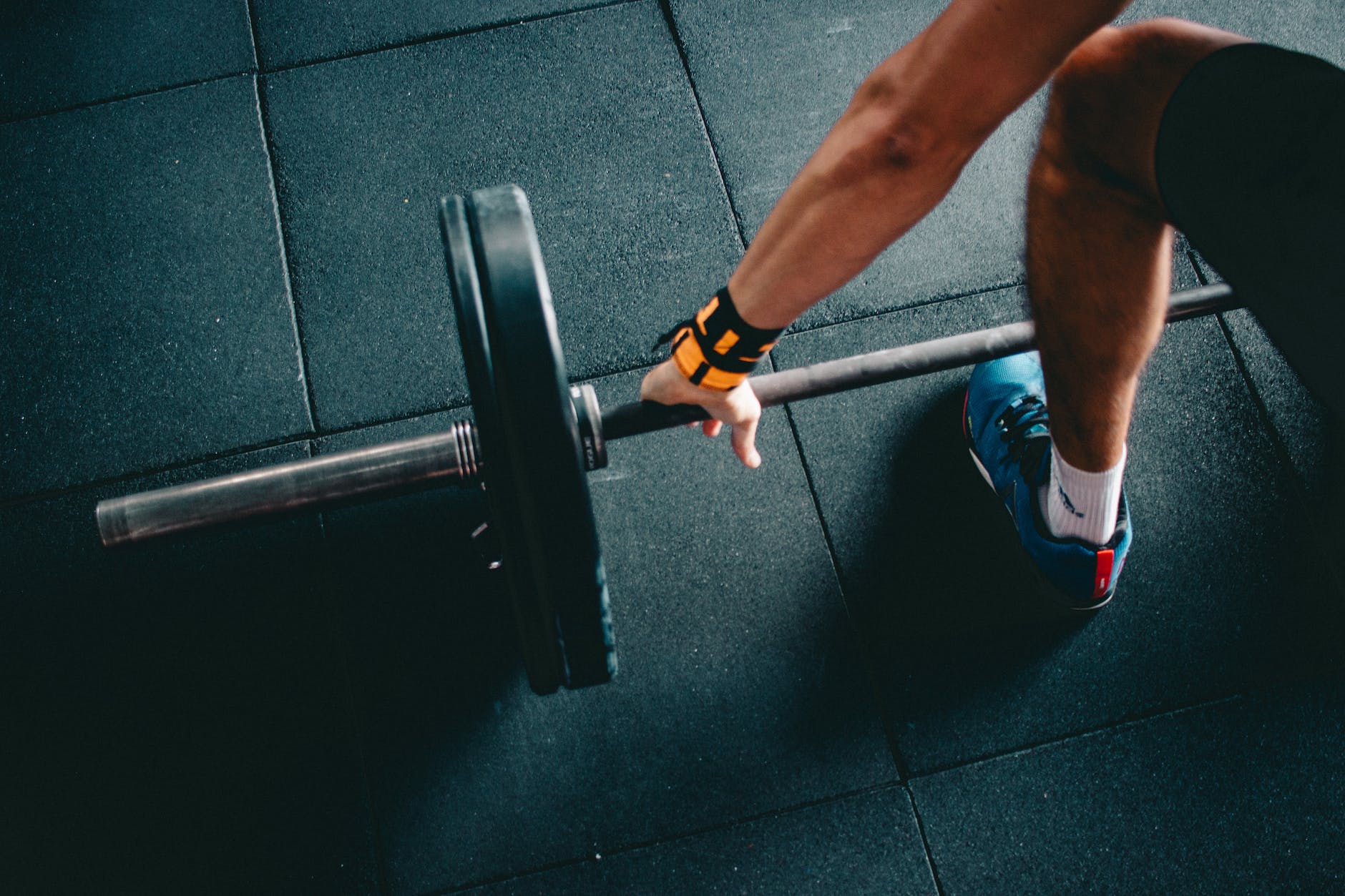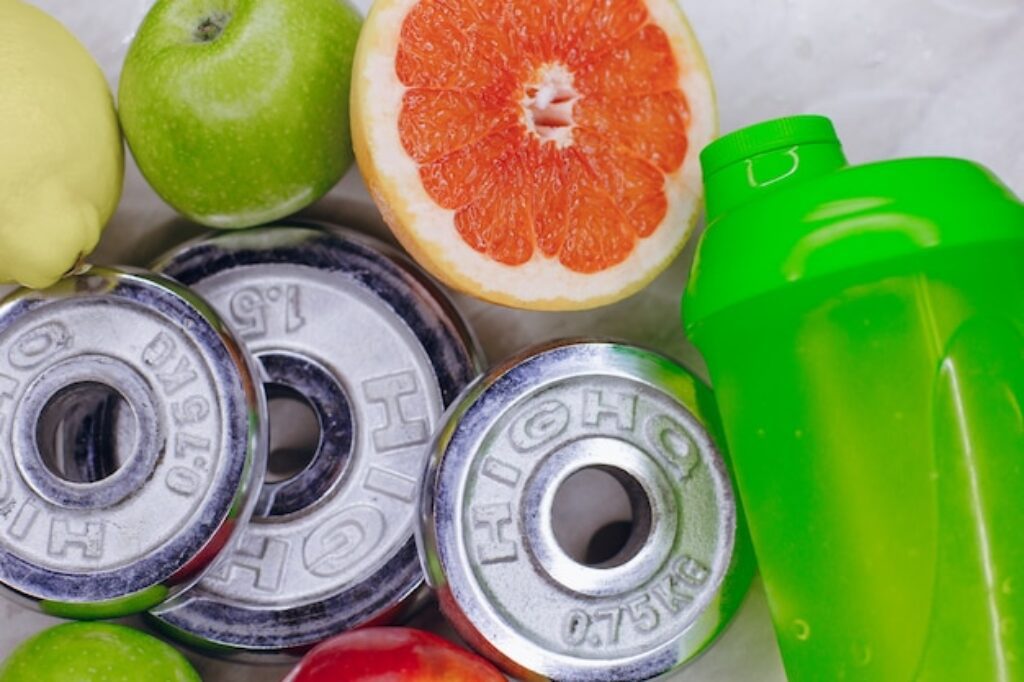As a devoted weightlifter, I understand that the time spent in the gym is just part of the equation for achieving optimum fitness and building muscle mass. The magic truly happens during the recovery period – that’s when our bodies repair and build stronger muscles. This article will provide essential post workout recovery tips, focusing on the needs of weightlifters like us.
The aim is to help us maximize our gains, enhance our performance, and reduce the risk of injuries. These post workout recovery tips and strategies are based on my personal experiences, the experiences of other weightlifters, and scientific research.
I can’t emphasize enough that a well-planned recovery strategy is as important as a well-planned workout. It’s during the recovery phase that our bodies adapt to the stress of exercise, and the real training effect takes place – this is when we get stronger, fitter, and muscular.
Understanding the Importance of Post Workout Recovery
The journey of a weightlifter is not just about lifting heavy weights but also about understanding the body’s needs after a strenuous workout. The importance of post workout recovery is often overlooked, but it’s a critical aspect of any fitness regimen.
Post workout recovery allows our muscles to heal and grow. It replenishes energy stores and fluids lost during the workout and helps bring our bodies back to a normal state. A good recovery routine can also reduce muscle soreness and fatigue, helping us get ready for our next workout session.
It’s essential to remember that our gains are a result of the hard work we put in the gym and the recovery practices we follow. So, let’s delve deeper into the science behind post workout recovery and understand how we can maximize our gains.
“Post-workout recovery isn’t just a phase, it’s an essential part of your fitness journey. Remember, muscles are torn in the gym, fed in the kitchen, and built in bed. Nourish, rest, repeat – your body’s strength tomorrow depends on how well you treat it today.”
The Science Behind Post Workout Recovery
During a weightlifting session, our muscles go through a lot of stress, leading to microscopic tears in the muscle fibers. These tears are not harmful; in fact, they trigger the body’s repair response. This process, known as muscle protein synthesis, is the body’s way of repairing and rebuilding these damaged muscle fibers, leading to muscle growth.
However, for muscle protein synthesis to occur effectively, our bodies need the right nutrients and ample rest. This is where the importance of post workout recovery comes into play.
When we fail to give our bodies adequate time to recover, we risk overtraining, which can lead to decreased performance, increased risk of injury, and potential health problems. Hence, understanding and incorporating effective post workout recovery tips into our routine is crucial for us weightlifters.
Essential Post Workout Recovery Tips for Weightlifters
Now that we understand the importance and the science behind post workout recovery let’s discuss some essential post workout recovery tips for weightlifters.
Firstly, nutrition plays a critical role in recovery. After an intense weightlifting session, our bodies need protein to repair the damaged muscle fibers and carbohydrates to replenish glycogen stores. Consuming a balanced meal or snack within an hour of your workout can help kickstart the recovery process.
Secondly, rest is vital for muscle growth. It’s during sleep that our bodies produce growth hormones that aid in muscle recovery and growth. So, make sure to get plenty of quality sleep.
Thirdly, staying hydrated is crucial. Sweating during a workout can lead to dehydration, which can affect muscle function and recovery. So, drink plenty of water before, during, and after your workout.
Lastly, don’t forget to stretch and cool down after your workout. This can help reduce muscle tension, increase flexibility, and speed up recovery.

Nutrition and its Role in Post Workout Recovery
Nutrition is a key player in post workout recovery. The food we eat after a workout can help repair our muscles, replenish our energy stores, and keep our metabolism firing.
Protein is crucial for muscle repair and growth. It provides our bodies with the necessary amino acids to repair the muscle damage caused by weightlifting. Consuming protein after a workout can stimulate muscle protein synthesis, leading to muscle growth.
Carbohydrates are equally important. They replenish the glycogen stores depleted during our workout, providing energy for recovery and our next workout.
Rest and Recovery: The Key to Muscle Growth
Rest and recovery are often overlooked aspects of a weightlifting regimen, but they are key to muscle growth. Our muscles grow when we rest, not when we’re in the gym lifting weights. During rest, our bodies repair the damaged muscle fibers, leading to an increase in muscle size.
Getting enough quality sleep is also crucial for muscle recovery and growth. During sleep, our bodies produce growth hormones that aid in muscle repair and rebuilding.

Hydration: A Critical Aspect of Post Workout Recovery
Hydration is another critical aspect of post workout recovery. During a strenuous weightlifting session, we lose a lot of fluids through sweat. These fluids need to be replaced to prevent dehydration, which can affect muscle function and recovery.
Drinking water before, during, and after a workout can help maintain hydration levels. It’s also a good idea to consume a sports drink that contains electrolytes after an intense workout to replace the electrolytes lost through sweat.
Stretching and Cool Down: Essential Post Workout Recovery Tips
Stretching and cooling down after a workout are essential. They can help reduce muscle tension, increase flexibility, and promote faster recovery.
Stretching after a workout can help increase blood flow to the muscles, providing them with the necessary nutrients for recovery. It can also help reduce muscle soreness and stiffness.
A cool-down session, which can include light cardio or static stretching, can help bring our bodies back to a normal state, reducing the risk of post-exercise dizziness or fainting.
Supplements for Post Workout Recovery
While a balanced diet should provide us with all the necessary nutrients for recovery, sometimes, due to various reasons, we may not get enough from our diet alone. This is where supplements can come in handy.
Protein supplements, like whey protein, can help meet our protein needs and stimulate muscle protein synthesis. Creatine can help replenish our body’s energy stores, while BCAAs (Branched-Chain Amino Acids) can aid in muscle recovery.
However, it’s important to remember that supplements should not replace a balanced diet. They should be used as a supplement to a healthy diet, not a replacement.
Conclusion: Maximizing Gains with Effective Recovery Tactics
In conclusion, the journey of a weightlifter is not just about lifting heavy weights; it’s also about taking care of our bodies after the workout. By understanding and implementing effective post workout recovery tips, we can maximize our gains, enhance our performance, and reduce the risk of injuries.
Remember, the time spent in the gym is just part of the equation. It’s what we do outside of the gym – our recovery practices – that truly determines our results. So, let’s give our bodies the care they deserve and maximize our gains. Happy lifting!
Mastering the Basics: A Comprehensive Guide to Muscle Building for Beginners
The Science Behind Muscle Recovery: Effective Strategies for Post-Workout Healing





